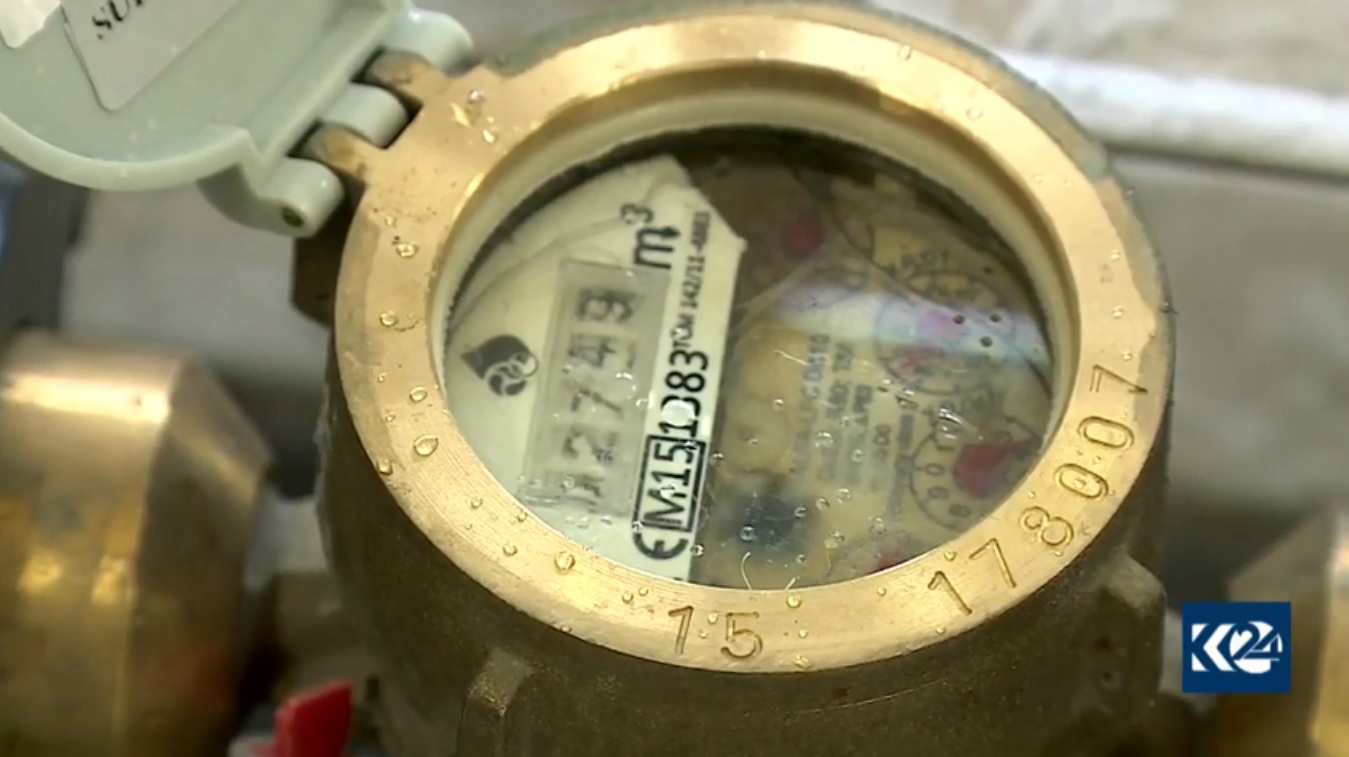Government addresses water meter malfunctions, deficiencies in Sulaimani province

ERBIL (Kurdistan 24) – The Kurdistan Regional Government’s (KRG) water department in the Sulaimani province has reassured citizens that it would address concerns regarding a malfunction in newly-installed water meters.
The KRG introduced the new water gauge system last year to control household water consumption and prevent excessive water from being wasted. The meters were installed in a majority of cities across the Kurdistan Region, beginning with the Sulaimani governorate.
However, in recent weeks, many citizens have complained of deficiencies in the gauges as well as the overall effectiveness of the meter system.
Some residents said their meters were recording incorrect rates of water consumption while others said the gauges were measuring air pressure in water pipes instead of water consumption.
Amanj Jalal, a spokesperson for the Sulaimani Water Directorate, said the directorate is aware of the issue and is handling it accordingly.
“The water directorate in Sulaimani is tending to those complaints, and is inspecting the water meters for any malfunction or inconsistency,” Jalal told Kurdistan 24.
“We urge citizens to visit the water directorate if they suspect unusual recordings with their meters to have them rectified,” he added.
According to Masoud Karash, the Director of the Kurdistan Region’s Water and Sewage Board, designated teams have been sent to inspect the meters. He also said residents would be reimbursed for any extra cost their meters had incorrectly recorded.
“So far, the system has proven that it is 96 percent successful,” Karash told Kurdistan 24, “we will work to fix and improve the remaining four percent.”
Citizens from the districts and sub-districts who experience the issue are encouraged to take their complaints to the Sulaimani Governorate Council.
Editing by Karzan Sulaivany
(Additional reporting by Diyar Jamal)
